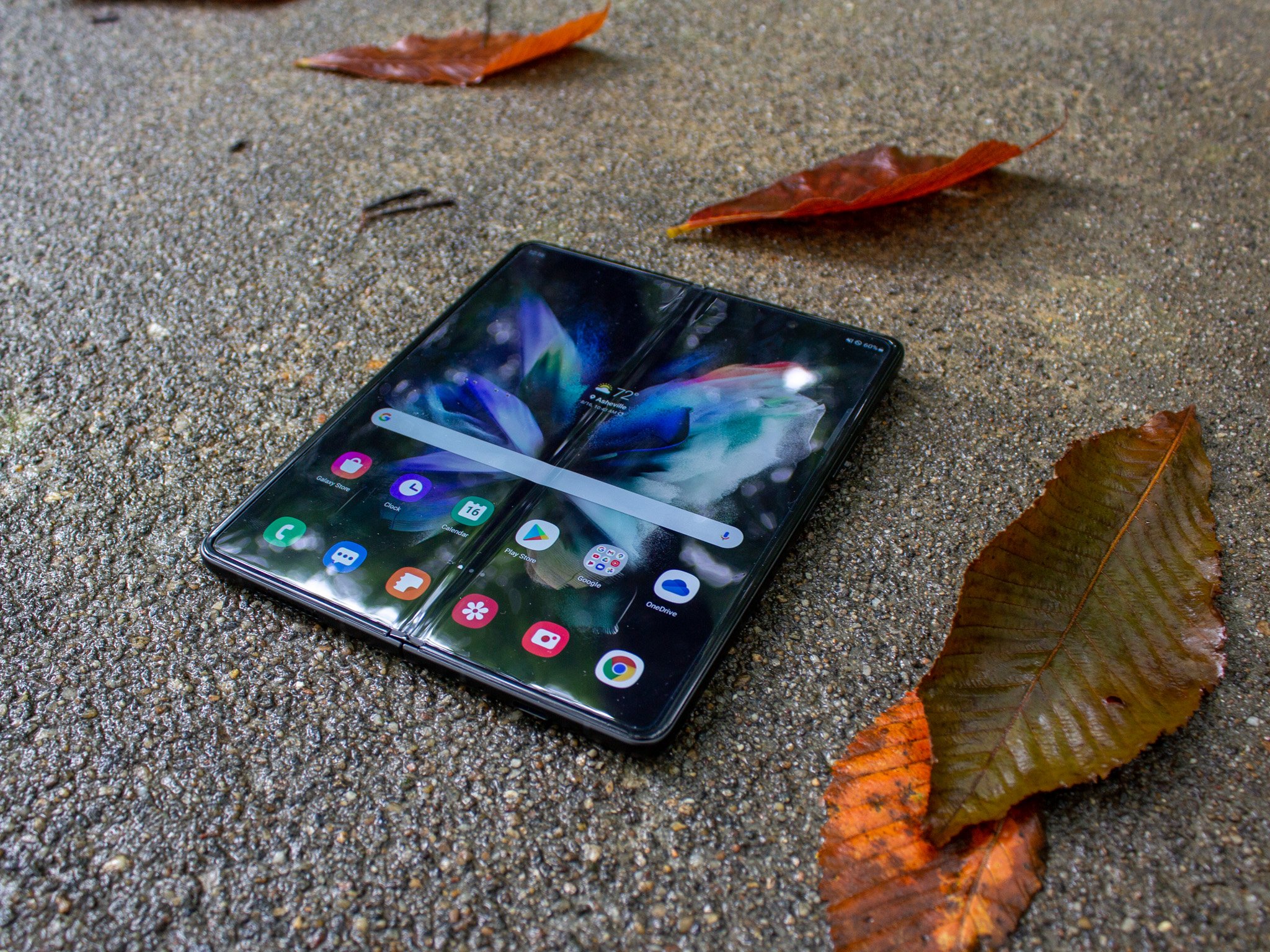If it ain't broke, don't fix it?
What you need to know
- Earlier this week, we asked our readers if they typically purchased some sort of insurance when they bought a new phone.
- Just over two-thirds indicated that they didn't do so, calling it a scam to collect more money from customers.
- Around 22% said they always got a protection plan, while 10% said they occasionally would purchase one.
There was quite a bit of buzz about high-end phones this week. First, we reported on why Samsung is discontinuing its Premier Service for foldables, and then we learned all about Apple's fancy new iPhones. So with this background, we decided to ask our readers if they typically opted to purchase an extended protection plan of some kind with their new phones. We left the question open-ended as to whether that insurance is from the manufacturer, their carrier, or a third party.
As someone who regularly drops his phones (or sees his vindictive cats swat them off the sofa or end table), I almost always purchase phone insurance. I genuinely expected more of my colleagues and peers to follow suit, so I was indeed surprised by the poll's results.
According to our poll, more than two-thirds said that they never purchased an additional protection plan when buying a new phone, either because they couldn't afford to or they didn't see the benefit in doing so. On the other hand, just under a quarter of respondents said they always purchased protective insurance with new devices, and around 10% said they occasionally did.
Many of the respondents who said they didn't opt for insurance told us that they are either lucky not to have significant incidents or rely on cases, covers, and standard warranties when things do go awry.
Reader ajones919 said that they "had insurance on my first few phones without ever using it. After that, I did the math and figured out when you add up the monthly premiums and the deductible for getting a replacement. It would basically cost as much to just buy a replacement phone off Amazon. I'm on Verizon right now, and with the cost of insuring the three phones on my family plan, I could buy a brand new Galaxy flagship after a year."
Or just look after your tech
— Simon Royal (@SimonRoyal) September 15, 2021
Reader taynjack did the math on why they never purchase insurance. "I ran the numbers years ago. If a person were to put that money in a savings account instead of buying a warranty, they could afford a new phone every 18 months with that cash."
Our poll is now closed, but we'd still love to hear from you. Do you typically purchase insurance when you buy a new phone? Why or why not?
Source: androidcentral

